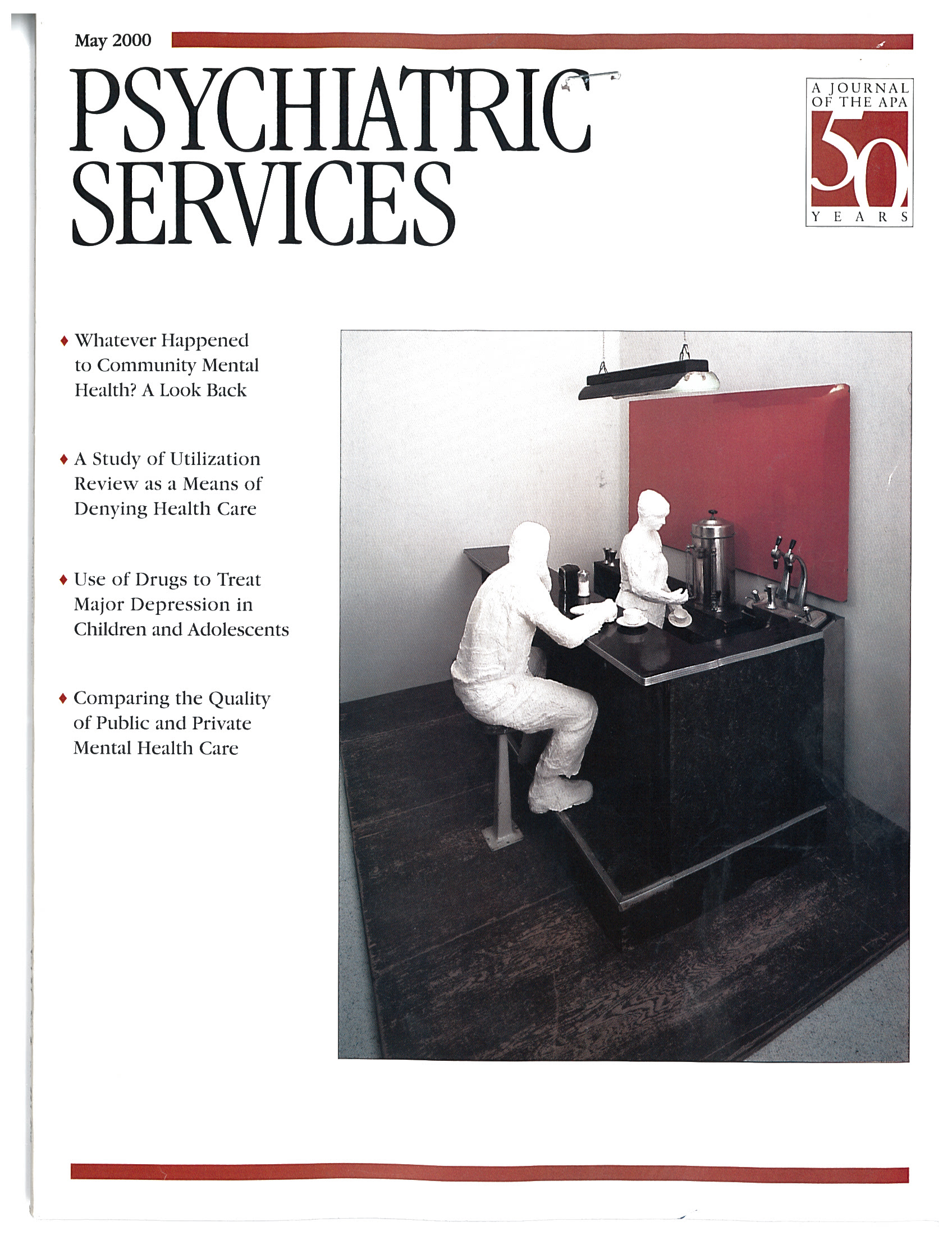Effects of Substance Dependence on Outcomes of Patients in a Randomized Trial of Two Case Management Models
Abstract
OBJECTIVE: The effectiveness of a community-based intensive clinical case management program was compared with that of a hospital-based expanded brokerage case management program for seriously mentally ill adults with and without substance dependence. METHODS: The sample of 268 frequently hospitalized psychiatric patients was recruited during acute psychiatric hospitalization. More than half of the sample (53 percent) was diagnosed as having at least one current DSM-III-R substance dependence disorder co-occurring with their primary major mental disorder. Subjects were stratified by substance dependence status and randomly assigned to one of the case management programs. They were interviewed before hospital discharge and at one, two, and six months after discharge to assess psychosocial and drug use variables. Subjects' service use was examined for the six months before and after hospitalization. RESULTS: The hypothesis that substance-dependent subjects would benefit more from intensive clinical case management was not supported. Substance dependence predicted negative outcomes independent of the case management intervention. The hypothesis that the two case management approaches would be equally effective for subjects not dependent on substances was also not borne out. Intensive clinical case management was the superior treatment for subjects who were not dependent on substances. Fewer of them required psychiatric hospitalization in the six-month postdischarge period than in the six-month period before hospital admission. CONCLUSIONS: The negative outcomes for substance-dependent subjects in both programs suggest that the two case management models were relatively ineffective for these patients. Results suggest that intensive clinical case management can be effective within the first six months for nondependent adults with serious mental illness.



